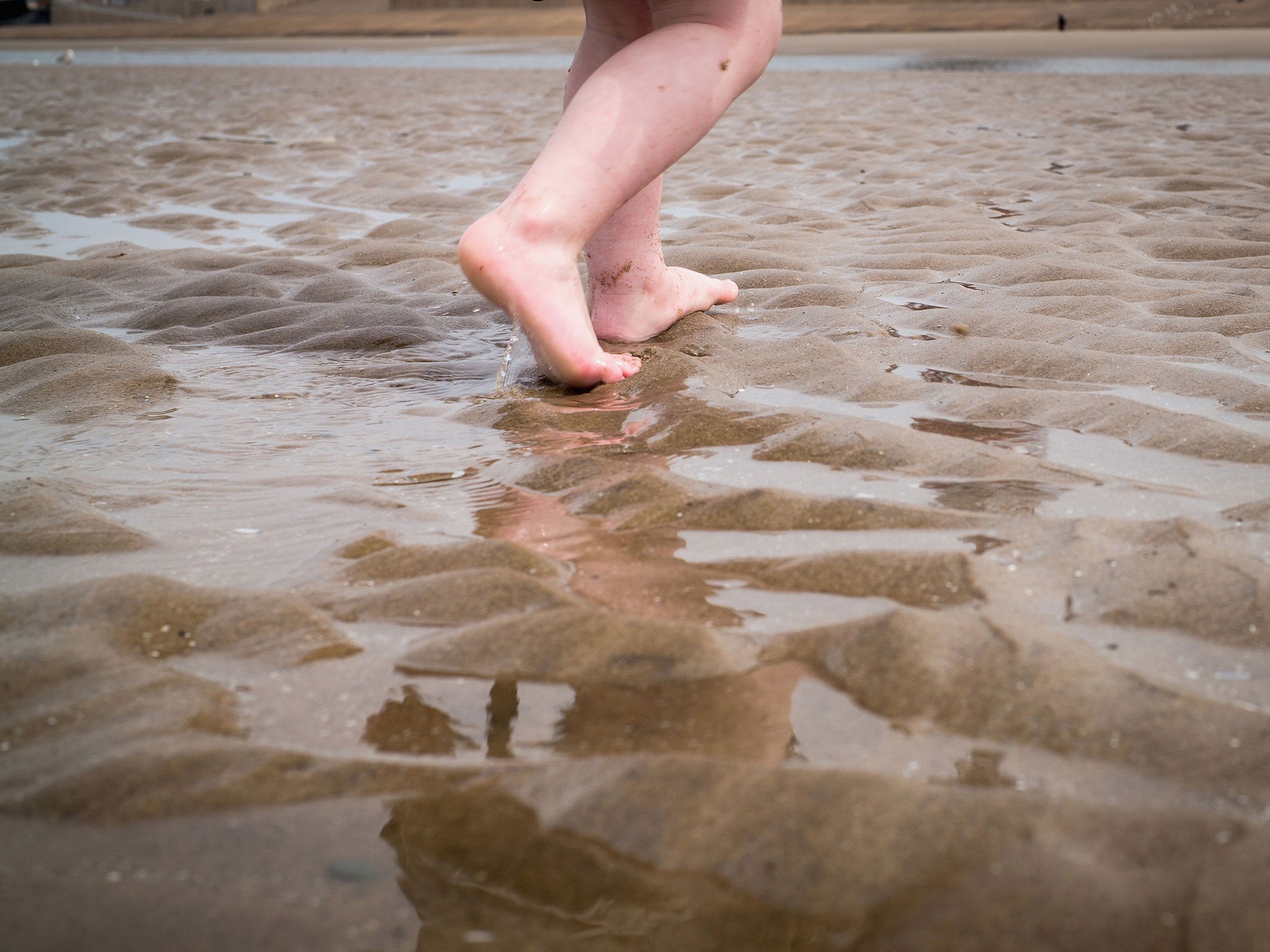Antibiotic-resistant E.coli bugs detected around UK bathing waters pose 'risk of exposure' to holiday-makers, say researchers
Swimmers and surfers are most at risk from the bacteria because they swallow more water than other beach users

Your support helps us to tell the story
From reproductive rights to climate change to Big Tech, The Independent is on the ground when the story is developing. Whether it's investigating the financials of Elon Musk's pro-Trump PAC or producing our latest documentary, 'The A Word', which shines a light on the American women fighting for reproductive rights, we know how important it is to parse out the facts from the messaging.
At such a critical moment in US history, we need reporters on the ground. Your donation allows us to keep sending journalists to speak to both sides of the story.
The Independent is trusted by Americans across the entire political spectrum. And unlike many other quality news outlets, we choose not to lock Americans out of our reporting and analysis with paywalls. We believe quality journalism should be available to everyone, paid for by those who can afford it.
Your support makes all the difference.Antibiotic-resistant E.coli bugs have been detected for the first time in bathing waters around the UK and pose “a potential risk of exposure” to holiday-makers, researchers have warned.
Swimmers and surfers are most at risk from the bacteria because they swallow more water than other beach users.
While resistant E.coli strains detected made up just 0.12 per cent of the total, researchers are concerned because it represents another potential area of exposure. Two decades ago E.coli resistant to third-generation cephalosporin antibiotics (3GCs) were not present in coastal waters.
However, the researchers, whose report was published in the journal Environment International, said concerns for human health were not so great yet that people needed to stay away from coastal resorts.
Anne Leonard, one of the scientists who carried out the study, said: “We’re not recommending that people stop visiting the beach. This kind of research will help us ensure people can still make the most of our coastal resources.”
Join our commenting forum
Join thought-provoking conversations, follow other Independent readers and see their replies
Comments